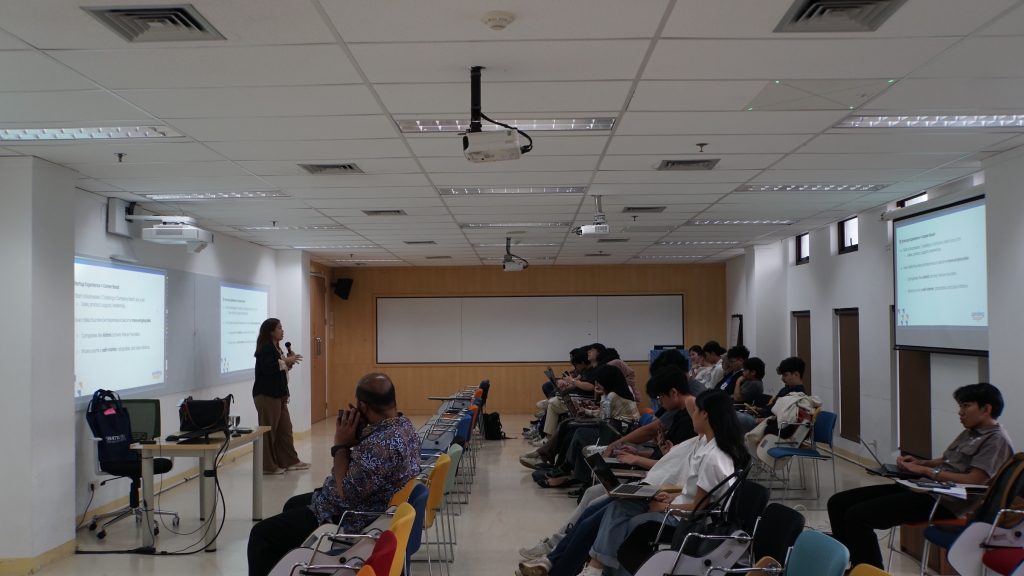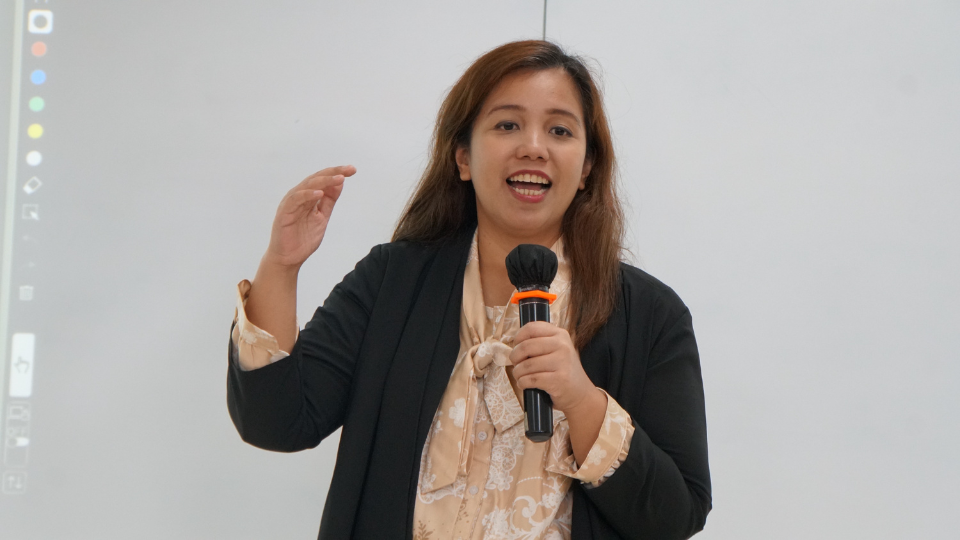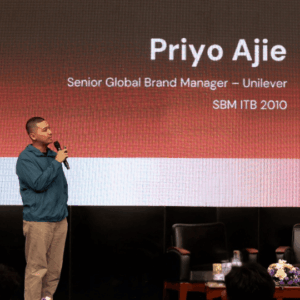Startup founders always face various challenges, from limited resources to business idea failures, to emotional loneliness. However, according to Jezzie Setiawan, founder of the fintech platform GandengTangan, founders will be successful if they have resilience.
Jezzie said resilience is an important quality for a leader. Resilience determines the survival of a company, even more important than self-confidence or initial motivation.
Jezzie shared her experience in a guest lecture on Business Risk Venture Capital entitled “The Harsh Realities” at the SBM ITB, on Wednesday (14/5). As a business woman focusing on the Peer-to-Peer (P2P) Lending and embedded financing sectors, Jezzie shared his personal experience of building a financial technology-based business amidst various pressures and limitations.
In developing his business, Jezzie has conducted numerous experiments; she was even able to maintain his business during the Covid-19 pandemic through her effective business strategy. However, behind innovative business strategies, there are personal challenges that often go unnoticed by the public.
In her presentation, Jezzie highlighted various “harsh realities” faced by startup founders. First, uncertainty is the main enemy.
“There is no certainty in this world, especially when building something from scratch,” she said.
Second, limited resources and competitive pressures make decisions more difficult and full of risk. Third, loneliness can be a significant emotional burden for a founder. There is no place to show doubt, even when things get worse. Finally, failure is inevitable.
“Not all ideas win. Failure is not the end but a lesson,” she said.
According to Jezzie, the most critical moment for a startup is when the founder loses energy and feels that the struggle is no longer worth it. Jezzie explained that many startups fail not due to a flawed business model, but because the founders become mentally, physically, and emotionally drained, losing the hope and resilience needed to keep going.
“At that point, where the founder feels it is no longer worth fighting, the company can stop. Not because the idea is bad, but because the founder gives up,” she said.
In the face of all these pressures, Jezzie emphasized that resilience is what sets survivors apart from those who falter. Resilience, she noted, is even more important than self-confidence.
“Because from resilience, we can form true self-confidence,” she said.
She denied the stereotype that only certain types of people can succeed in the startup world. According to her, the stereotype about founder personalities is misleading.
“There is no single personality that guarantees success,” she added.
She also emphasized that initial motivation often changes over time. What is important is a deep interest in the problem to be solved, as well as an emotional connection with the work team. This is the long-term foundation that a founder must have.
In facing these challenges, apart from resilience, she also noted that someone with experience in startups could be a career booster for the future, as their basic thinking and mentality have been tested. Founders or former founders are typically more highly regarded in the world of work.
“Because they are used to solving real problems, taking risks, and managing limitations,” she explained.
Closing the lecture, she invited students to reflect on a Japanese concept called ikigai, a philosophy about finding the meaning of life through a balance between what one likes, what the world needs, the skills one has, and things that can provide economic value. The message is that startup actors and prospective founders need to know that building a business is not about who succeeds the fastest, but rather who is the strongest and most consistent in facing failure, loneliness, and pressure.
“Resilience is not innate—it is formed through a long, ups and downs, and meaningful process,” she concluded.






